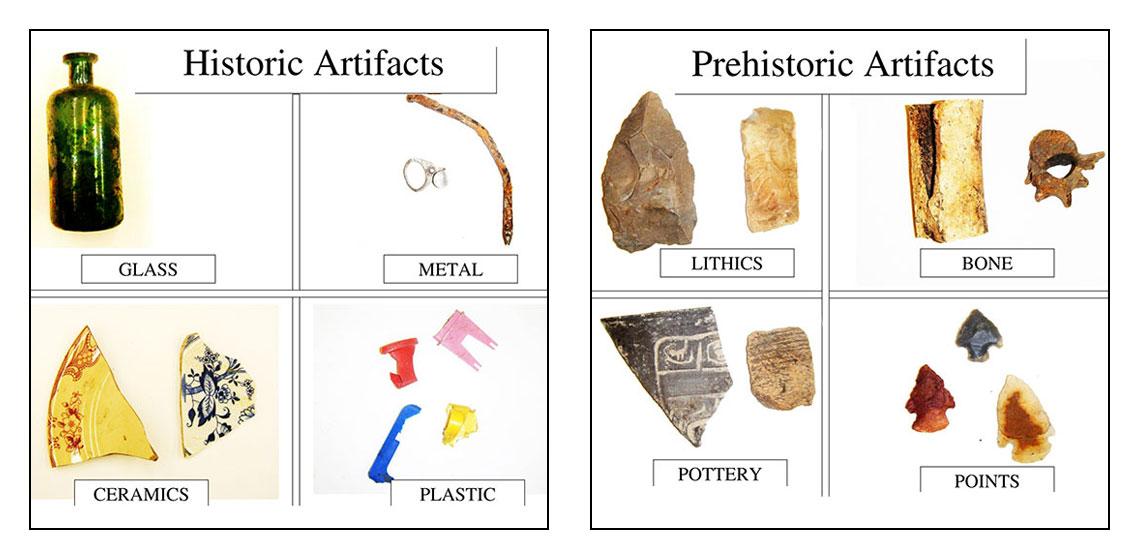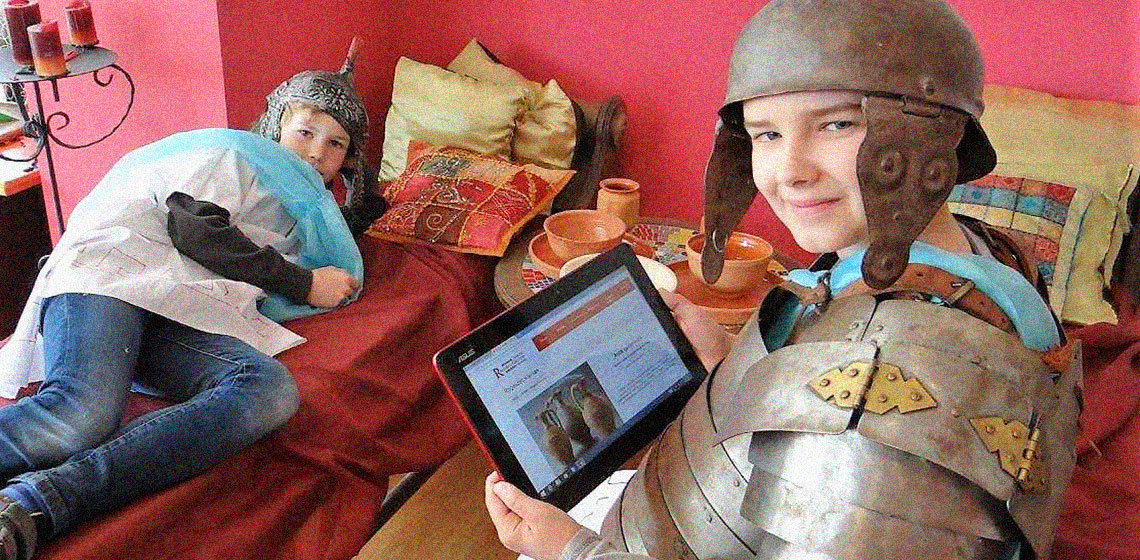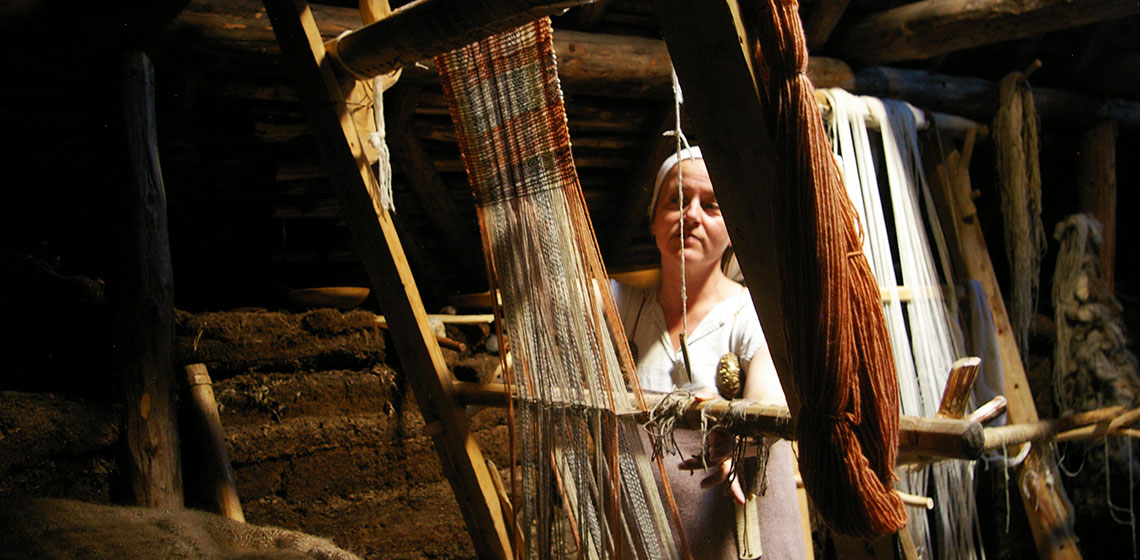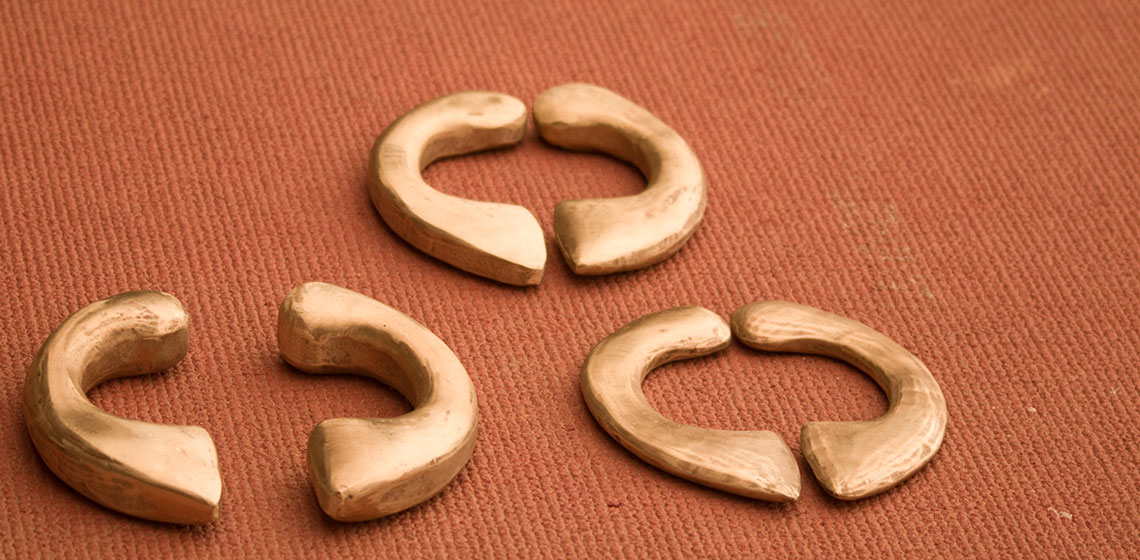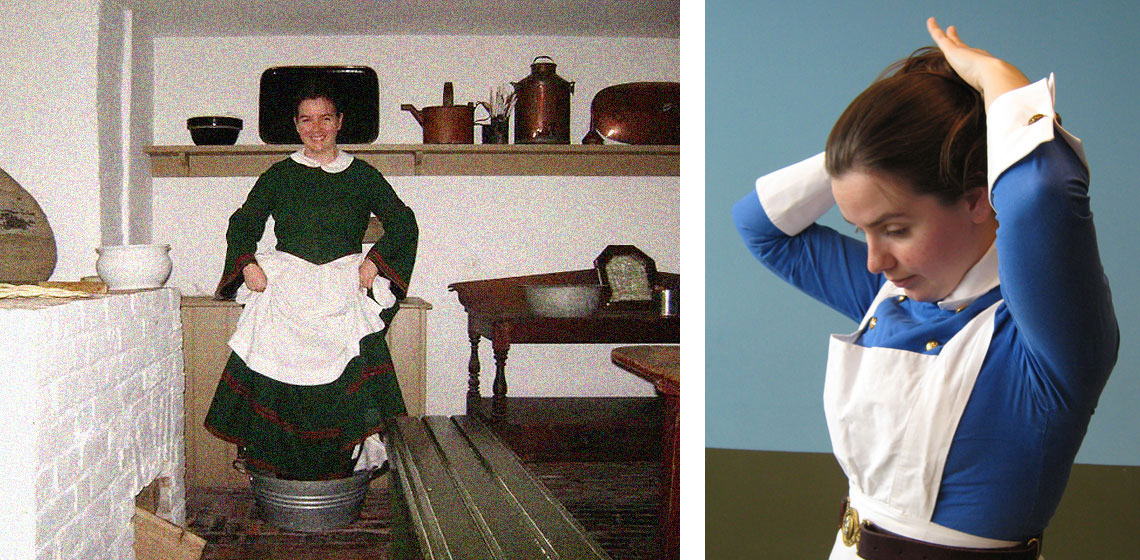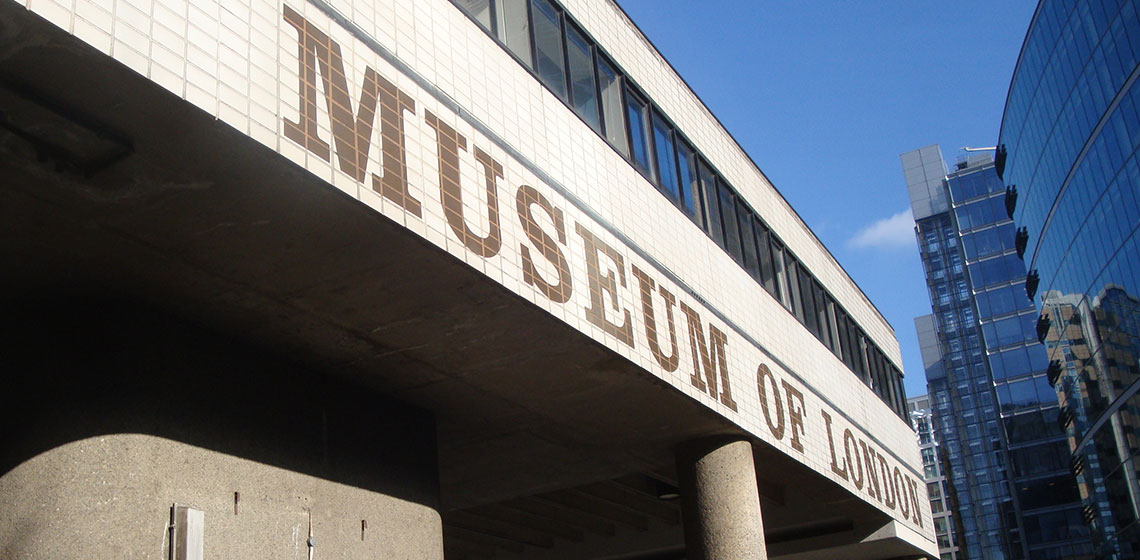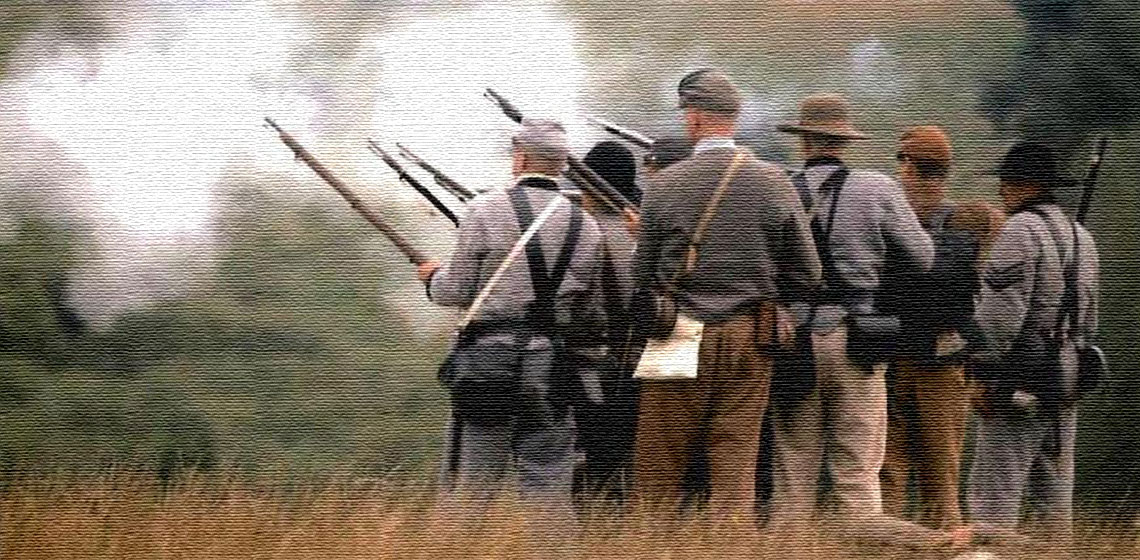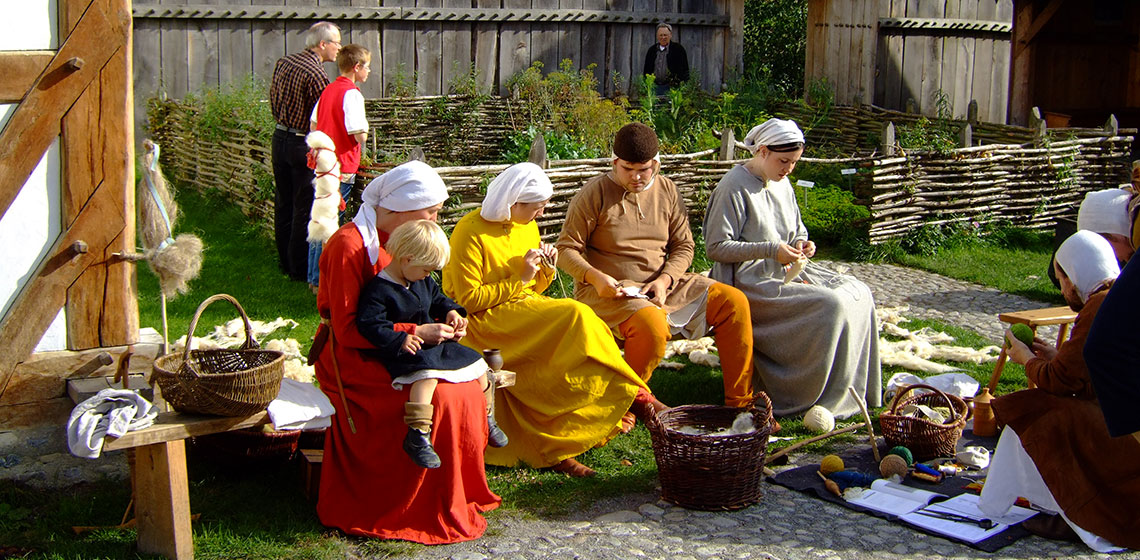interpretation
Public Access to (Pre-)History Through Archaeology
Vacation in the Past - Effective Heritage Interpretation through Education
***Heritage sites are breathing memories from the past; however, visitors can hardly imagine or experience the ancient life on the spot. In fact, these visits are supposed to conjure up journeys back into the past and park managers should facilitate such experiences by the most effective means possible in order to help tourists gain...
Event Review: Dark Ages Recreation Company at L’Anse aux Meadows, NHSC 2017
Lying at the extreme northern tip of Newfoundland, L'Anse aux Meadows represents the only widely accepted Viking-Era presence in North America. Archaeological remains of seven buildings were found at the site, along with a few minor artefacts including a ring-headed pin, glass bead, and drop-spindle whorl. Evidence of on-site work was also found in the form of iron slag, discarded ship rivets, and axe-hewn wood chips. Four of the seven buildings were reconstructed by Parks Canada. Since 1997, these have been staffed by costumed interpreters who blend first- and third
Reconstruction of the Ancient Greek Long Jump - an Opportunity for Multidisciplinary Collaboration
Visual Aids for Presentations
A Broken Leg in the Year 1350: Treatment and Prognosis
Interpreting the Interpreter: is Live Historical Interpretation Theatre at National Museums and Historic Sites Theatre?
“You could See it [the Past] in your Mind”: What Impact might Living History Performance Have on the Historical Consciousness of Young People?
Combining theoretical perspectives with two case studies carried out in 2008 with British students aged from 10-17 years old, this paper will explore how living history might contribute to the development of young people’s historical consciousness and help them to cope with the social and cultural differences which confront them when learning about the past. In particular, it will focus on the effectiveness of first- and third-person interpretation.

